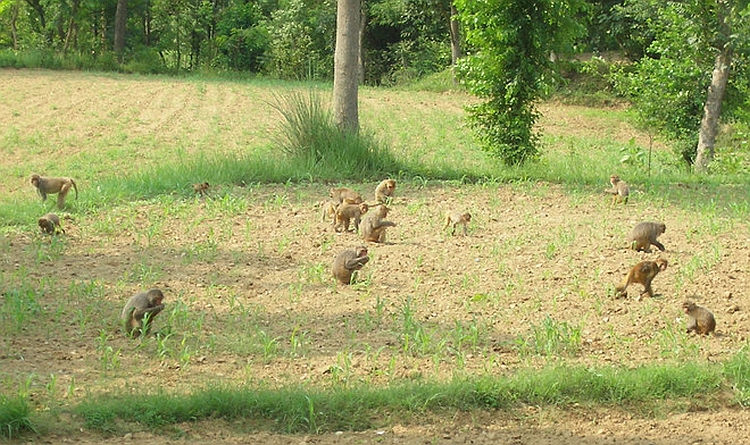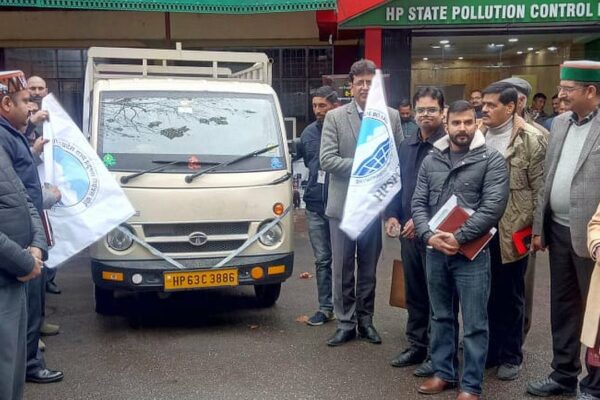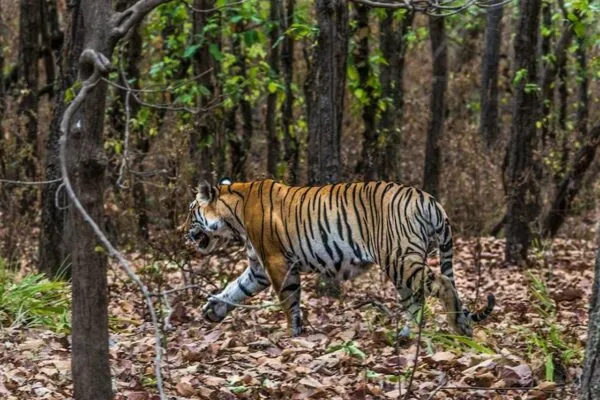Save crops from wild animals with new Bioacoustics system

As human habitat expands and invade that of wild animals and birds, the man-animal conflict becoming more frequent. Many agricultural statesin India are hit by animal invasions into their fields, destroying large portion of crops. All physical and biological measures to prevent crop destruction by keeping away wild boars, elephants, monkeys, birds etc. have proved to be futile for India.
Now, agricultural scientists in India have invented an incredible method to deal with the issue. Presently, Bioacoustics – a project funded by the Indian Council of Agricultural Research is being tested on Western Ghats.
An amplifier plays out recorded sounds that imitate animal distress calls.
For instance, a herd of monkeys is heading towards an apple orchard. The amplifier will play a sound which will appear a distress call to the herd from another monkey alarming them of the danger in the fields. That’ll make the herd run in opposite direction.
It’s a brilliant idea and tests recorded 90% success rate. Crop damage due toi wild animals like boars and elephants in many parts of Western Ghats including Karnataka has declined.
The field tests were carried out in different terrains in Telangana, Andhra Pradesh, and Karnataka using 27 sounds (10 animals & 17 bird species). The system installed in a corner of cultivated land can produce 90-dB sound and a single amplifier covers about five acres.
The scientists are looking to get the technology patented and initiate mass production.
Agriculturists are calling it an invisible shield against wild animals. It doesn’t hurt animals in anyway and do not require presence of a person.
As agriculture is the prime source of livelihood for the rural population in India, many regions are in desperate need of such effective measures to prevent crop damage by animals. In Himachal Pradesh, rapid rise in monkey population has given rise to a critical conflict with farmers. The sterilization attempts of the state have failed due to corruption and unwillingness of the government to actually figure out solutions.
However, presently, it might not sound affordable for majority of farmers due to its high cost. A single system cost about Rs. 25, 000. Still, the scientists believe that patenting of the equipment and its mass-manufacturing will lower down the prices. Grus Ecosciences, Bengaluru-based company, will be manufacturing the systems to cater more farmers.
Via: The Hindu
Image Credit: The Tribune


